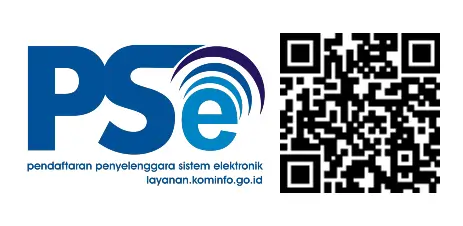Domestic Investment (PMDN) vs. Foreign Investment (PMA) in Indonesia
Understanding the nuances between domestic and foreign investment is crucial for individuals and entities venturing into business endeavors. At the core of any business venture lies the necessity of capital. Indeed, without sufficient capital, the very notion of starting a business remains an unattainable dream.
In the context of Indonesia’s regulatory framework, investment activities encompass a spectrum of endeavors pursued by both domestic and foreign investors within the nation’s borders. Enshrined in Law Number 25 of 2007 concerning Investment (Law 25/2007), the definition of investment extends to encompass all forms of investment activities undertaken by individuals, companies, or entities, whether domestic or foreign, seeking to conduct business within the Republic of Indonesia.
Within this overarching definition, two distinct categories of investment emerge: domestic investment (PMDN) and foreign investment (PMA). The former entails investment activities conducted by Indonesian investors utilizing domestic capital, while the latter involves investment activities within Indonesian territory carried out by foreign investors, either independently with fully foreign capital or in collaboration with domestic counterparts.
Delving deeper into the realm of investors involved in these activities, domestic investors in Indonesia comprise a diverse array of entities, including Indonesian individuals, businesses, governmental bodies, and regional entities. Conversely, foreign investors encompass a spectrum ranging from foreign individuals to multinational corporations and even foreign governments, all seeking opportunities to invest within Indonesia’s dynamic economic landscape.
Turning to the structural aspect of business entities, regulations stipulate that PMA entities must establish themselves as Limited Liability Companies (PT) under Indonesian law and operate within the territorial confines of Indonesia. On the contrary, PMDN enjoys a greater degree of flexibility in choosing the appropriate business entity, provided it adheres to the statutory framework in place.
When it comes to investment requirements, PMDN operates without specific stipulations on authorized capital. Conversely, PMA faces stringent criteria, necessitating investment in large-scale business activities with a minimum investment value exceeding IDR 10 billion, excluding land and buildings.
The regulatory landscape also delineates divergent treatment concerning immigration facilities. PMA entities benefit from streamlined processes and licensing compared to PMDN counterparts, including recommendations for altering immigration permit statuses.
Moreover, capital restrictions manifest as a distinctive feature in the realm of PMA, particularly in scenarios involving mergers, takeovers, or the establishment of new smelting companies. These activities necessitate inclusion in the respective business licenses, reflecting the regulatory emphasis on transparency and accountability.
Lastly, dispute resolution pathways diverge between PMDN and PMA entities. While disputes between PMDN and the government may be resolved through arbitration or court proceedings, those involving PMA entities may entail international arbitration, subject to mutual agreement between the parties involved.
In essence, navigating the terrain of investment in Indonesia requires a nuanced understanding of the regulatory distinctions between PMDN and PMA entities. By comprehending these differences, investors can better strategize and capitalize on the myriad opportunities presented within Indonesia’s vibrant economic landscape.
Are you still confused about PMA?
CLICK THE BUTTON ON THE RIGHT TO ASK OUR TEAM.















































